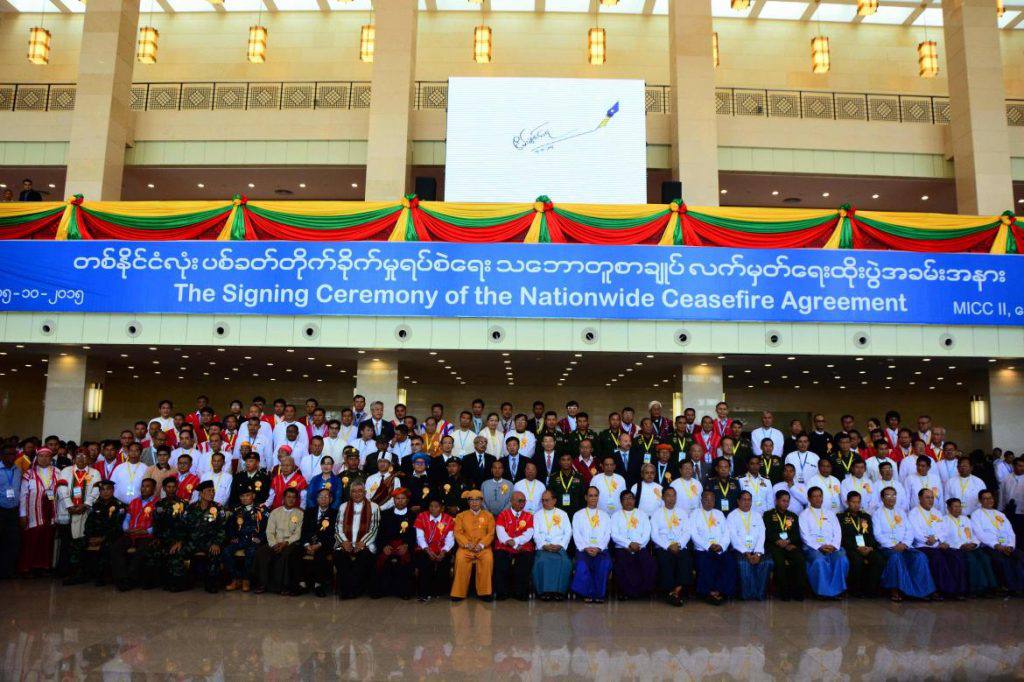CNI News
20 June 2025
Myanmar is sandwiched between two powerful neighbors, making it impossible to establish a federal democracy by excluding some ethnic groups, Dr. Nyo Nyo Thin, founder of the Yangon Watch, told CNI News.
Myanmar's two powerful neighbors are China and India.
“If there is no unity among all ethnic groups in Myanmar, it will be difficult for the political situation in Myanmar to improve. Therefore, it is very important to achieve unity among all ethnic groups. Since Myanmar is located between two powerful neighboring countries, it is impossible to establish a federal democracy by marginalizing some ethnic groups. So, as national leaders and political leaders, they should be very patient and work harder on ethnic unity. It is very important,” she said.
The 2008 Constitution states that Myanmar is a country where a variety of ethnic groups live together, and it is made up of a total of 135 ethnic groups, including eight major ethnic groups: Kachin, Kayah, Karen, Chin, Bamar, Mon, Rakhine, and Shan.

While seeing an ethnic group
As a country founded by various ethnic groups, all should be equal, but because of the rulers of the country and the provisions of the 2008 Constitution, the country is leading to divisions and disunity among the ethnic groups, pointed out military and political analysts.
There are also considerations that ethnic groups have been denied the rights they deserve under successive governments, so ethnic groups are taking up arms and fighting to gain their rights.
Furthermore, successive governments have only implemented what they want, and if they continue to do so unilaterally, Myanmar will never be at peace, U Khon Sai, who is involved in the peace process, told CNI News.
“Whether the population is large or small is not the main issue. The main issue is that ethnic minorities live in more than half of Myanmar’s territory. That is important. Since Myanmar gained her independence, the agreements have not been implemented. They said they would establish a federal system, but when they did, they only established a unitary system. Now, they are not establishing a unitary system. They say that if they establish a federal system, the central government will have more power. If they do this unilaterally, our country will never be peaceful,” he said.

While seeing the NCA signing ceremony
The Panglong Agreement was signed on February 12, 1947, and while the Burmese government initially adhered to the provisions of the Panglong Agreement, it later deviated from the basic principles of the Panglong Agreement, pointed out political observers.
Currently, there are ongoing clashes between the Myanmar military and ethnic armed groups across Myanmar and the politics of Myanmar will not change significantly because peace talks are only being held with groups that have signed the NCA, point out military and political observers.
They also believe that only by inviting ethnic armed groups currently waging battles on the ground to participate in peace talks will be a breakthrough in the political process in Myanmar, which has been in turmoil for more than four years.




